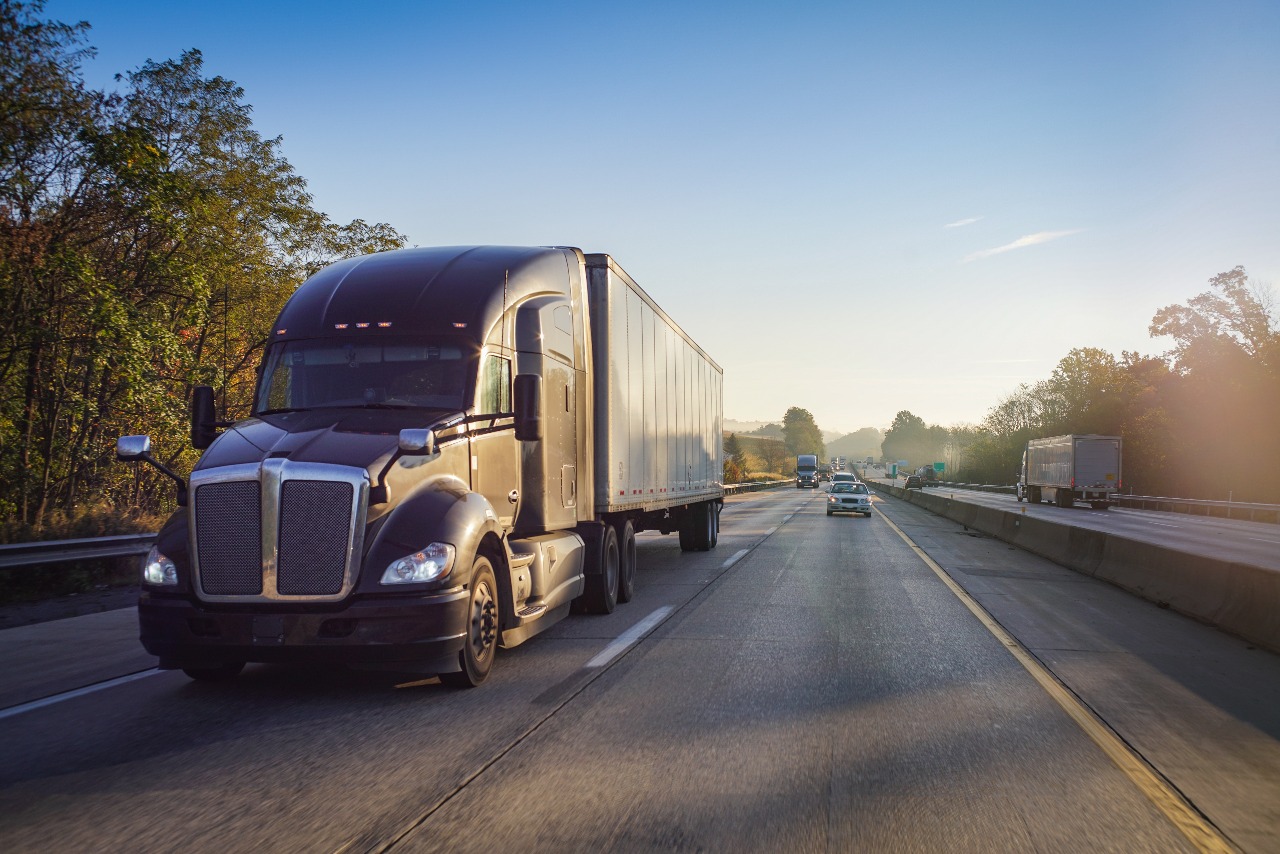The future of ground transportation may be autonomous, but human drivers are still integral to transportation logistics.
While self-driving cars attract greater and greater news coverage, another form of automated transportation is on the rise: driverless trucks.
In 2016, Otto, a branch of Uber, successfully transported a shipment of Budweiser 120 miles through Colorado without incident. In the same year, a handful of European auto manufacturers accepted a challenge from the Dutch government and sent a group of autonomous 18-wheelers to Rotterdam from factories in Sweden, Denmark, Belgium, and Germany.
These successes drew extensive attention to the rapidly maturing technology behind autonomous trucks. Indeed, a series of new innovations in automated trucking could soon solve driver deficit problems, streamline logistics processes, and improve the overall safety and efficiency of the industry responsible for shipping more than 70% of the country’s total freight tonnage.
No Driver? No Problem
The shipping industry is approaching the evolution of automated vehicles with cautious optimism. In fact, the Trucking Alliance Board of Directors — an organization that represents eight major trucking companies who together employ more than 52,000 people — recently released a statement supporting “the development of advanced vehicle technologies that enable commercial drivers to utilize highly automated driving systems, enhancing their safety and security.”
State and federal bodies are echoing that support. US Secretary of Transportation Elaine Chao, for example, believes that automation could “dramatically change commercial transportation” by “eliminating human error and reducing crashes and fatalities significantly.”
California-based company Embark is already rewarding her faith. The company created a system that integrates depth sensors, radars, and cameras into a central cortex using DNNs (Deep Neural Nets) — an advanced kind of self-improving artificial intelligence.
The technology has advanced considerably and continues to improve. According to CEO Alex Rodrigues, it can travel across long stretches of highway without human assistance and has already taught itself to see through fog, darkness, and intense glare. At the moment, it needs to be manned only within city limits, since human drivers are better equipped to safely navigate crowded streets.
The Benefits of Driverless Trucks
Even without fully autonomous technologies, integrated systems like those created by Embark are already solving driver shortages, cutting transport times, and increasing shipping efficiency. In the process, it allows drivers to serve as customer touchpoints at delivery locations and assume greater accountability for supply chain operations.
Experts predict that the volume of truckload freight will rise by 27% over the coming decade. As new shipping demands exacerbate an existing labor deficit, the introduction of automated trucks could alleviate some of the burden.
By mitigating the need for skilled drivers, autonomous technology could also have profound economic implications, as well. With fewer drivers on the road, shipping costs could decline dramatically — according to the Traffic Safety Resource Center, by as much as 25%.
Anticipating Tomorrow’s Technologies Today
While industry leaders and federal policymakers voice their support, many believe that fully-autonomous trucking technologies, while promising, have more ground to cover before widespread implementation. Because of their sophistication, accessibility, and current cost, most semi-autonomous technologies are still a long-shot for carriers and shippers alike.
Instead, it’s more likely that partially-autonomous systems support trained logistics professionals in essential functions. It’s also expected that humans will continue to play an integral role in shipping even as carriers invest in fleet automation as it becomes available.
With over 20 years of experience in shipping and logistics, Primary Freight has the expertise needed to help you navigate a dynamic, rapidly evolving transportation landscape. With our longstanding commitment to customer service and expansive partnership network, our team is equipped to help you succeed — no matter what tomorrow brings.
If you’d like to learn more about how Primary Freight’s award-winning shipping services, contact us today at (800)-635-0013.
